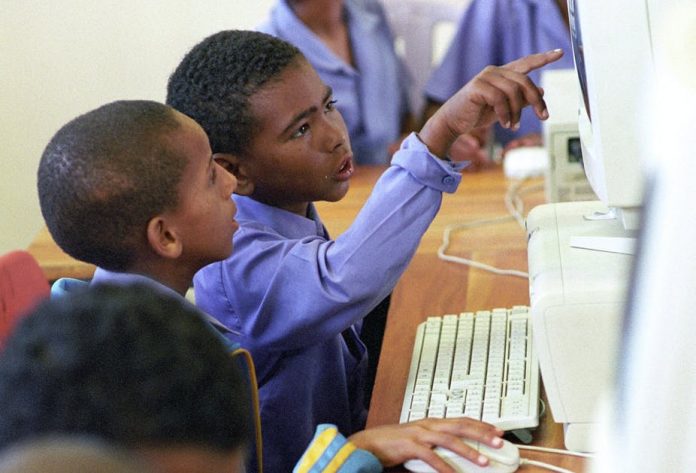South Africa’s education system is complex, with historical inequalities dating back to apartheid. Most of the country’s pupils come from disadvantaged backgrounds. Language is an issue; most pupils do not speak English as a mother tongue, yet English dominates in many classrooms. And, as the COVID-19 crisis has showed, there’s a huge digital divide at play.
The ongoing effects of the virus have kept pupils and teachers at home. This has necessitated a move to e-learning. In theory, this could be an important step towards a fairer education system. Digital platforms enable equitable access for learners to digital books, simulated science labs and related innovative learning resources.
Electronic and mobile learning can thus be seen as an additional learning resource that can also help enhance access to learning tools. Access to e-learning is not a panacea to the challenges in South African education. But it does provide an opportunity to make access to learning resources for all children more equitable.
But the reality in South Africa, as in most developing countries, is very different. Teachers have varying digital skills. Many families and teachers also cannot afford the data necessary to sustain some online learning activities. Read more…



